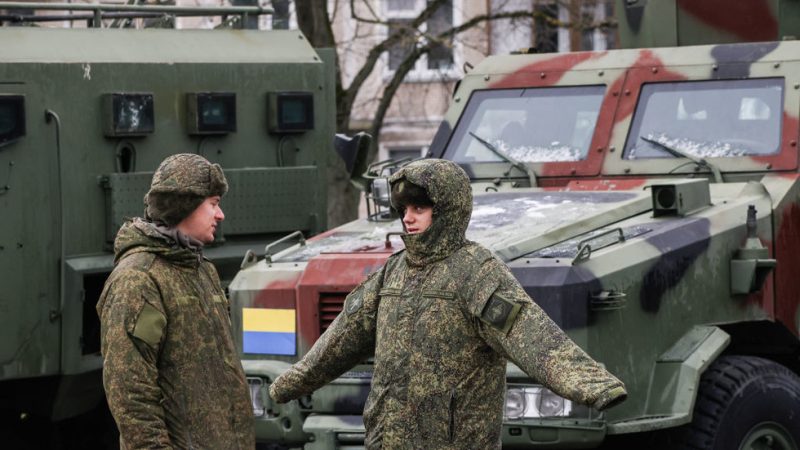
Stephen Miller, former Deputy Chief of Staff under President Trump, recently ignited a firestorm of controversy with his statement accusing India of indirectly ‘financing’ the war in Ukraine. His argument centers on India’s significant purchases of discounted Russian oil, a move that, while economically advantageous for India, has drawn sharp criticism from the West.
Miller’s assertion is a provocative one, highlighting the complex geopolitical landscape surrounding the conflict. While it’s undeniable that revenue from oil sales helps fund Russia’s war machine, directly labeling India as a financier is a simplification. India’s position is rooted in its strategic autonomy and its need to secure affordable energy for its massive population. The country has consistently maintained a neutral stance on the conflict, refraining from outright condemnation of Russia’s actions.
The debate underscores the challenges of navigating a global crisis where economic interests often clash with moral imperatives. For India, the decision to buy Russian oil is a balancing act. The discounted prices offer significant relief to its energy-dependent economy, potentially preventing inflation and social unrest. However, this economic advantage comes at the cost of potential international criticism and strains on its relationship with Western allies.
The situation highlights the limitations of sanctions and the difficulties in achieving a unified global response to the conflict. While the West seeks to cripple Russia’s economy through sanctions, countries like India demonstrate the resilience of global trade networks and the challenges of isolating a major economic power. Ultimately, the question remains: is India’s purchase of discounted Russian oil a material contribution to the conflict, or a pragmatic economic decision in a complex global scenario?
This incident raises important questions about the effectiveness of sanctions, the limits of international pressure, and the challenges of balancing economic self-interest with geopolitical alignment. The international community will undoubtedly continue to grapple with these issues as the conflict in Ukraine unfolds.









